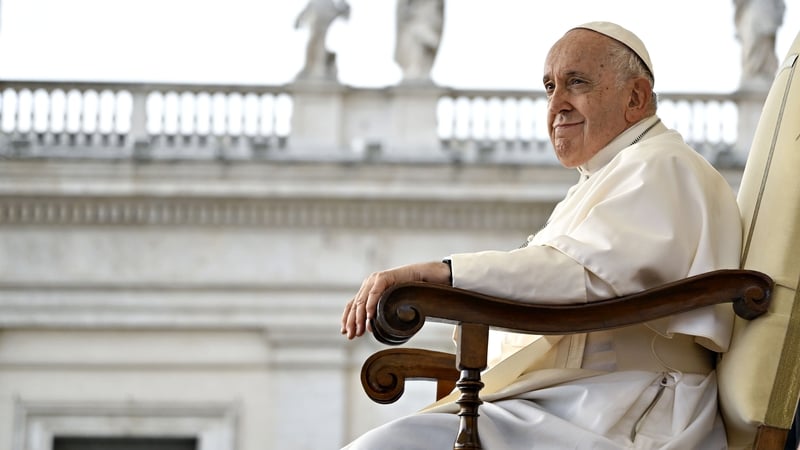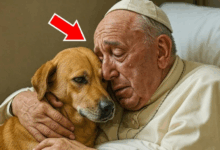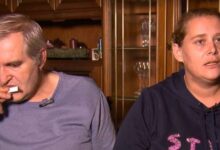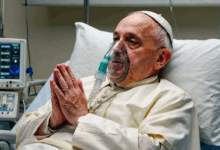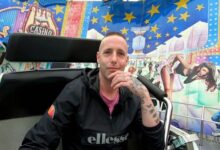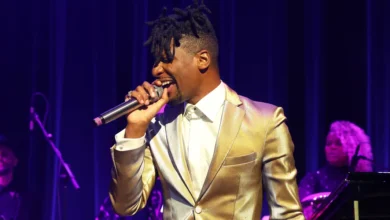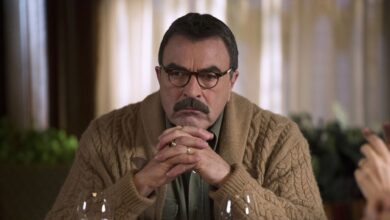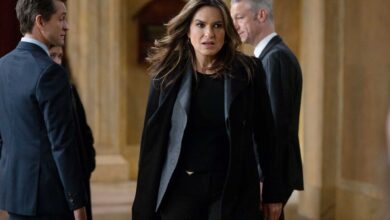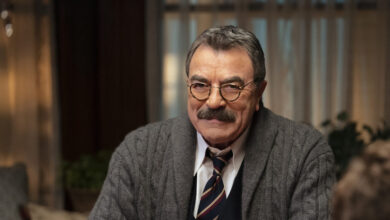Catholics mourn Pope Francis who has died at 88
Catholics mourn Pope Francis who has died at 88
Pope Francis, the first Latin American leader of the Roman Catholic Church, has died after suffering a stroke and cardiac arrest, the Vatican said.
He was 88 and had been recovering from a serious bout of double pneumonia this year.
However, his death still came as a shock as his last public appearance was just yesterday – when he was driven around St Peter’s Square in an open-air popemobile to greet cheering crowds on Easter Sunday.
“Dear brothers and sisters, it is with profound sadness I must announce the death of our Holy Father Francis,” Cardinal Kevin Farrell announced on the Vatican’s TV channel.
“At 7.35 this morning the Bishop of Rome, Francis, returned to the house of the Father.”
Pope Francis died of a stroke and irreversible cardiovascular arrest, Vatican doctor Andrea Arcangeli said in the death certificate, which was released by the Vatican.
It added that the Pope had fallen into a coma before he died. Apart from his recent lung infection, Mr Arcangeli said Francis had also suffered from high blood pressure and diabetes.
The Vatican also said the Pope confirmed in his final testament that he wished to be buried in Rome’s Basilica of Saint Mary Major and not at St Peter’s Basilica in the Vatican, unlike many previous pontiffs.
The text specified that Pope Francis wanted to be buried “in the ground, without particular decoration” but with the inscription of his papal name in Latin: Franciscus.
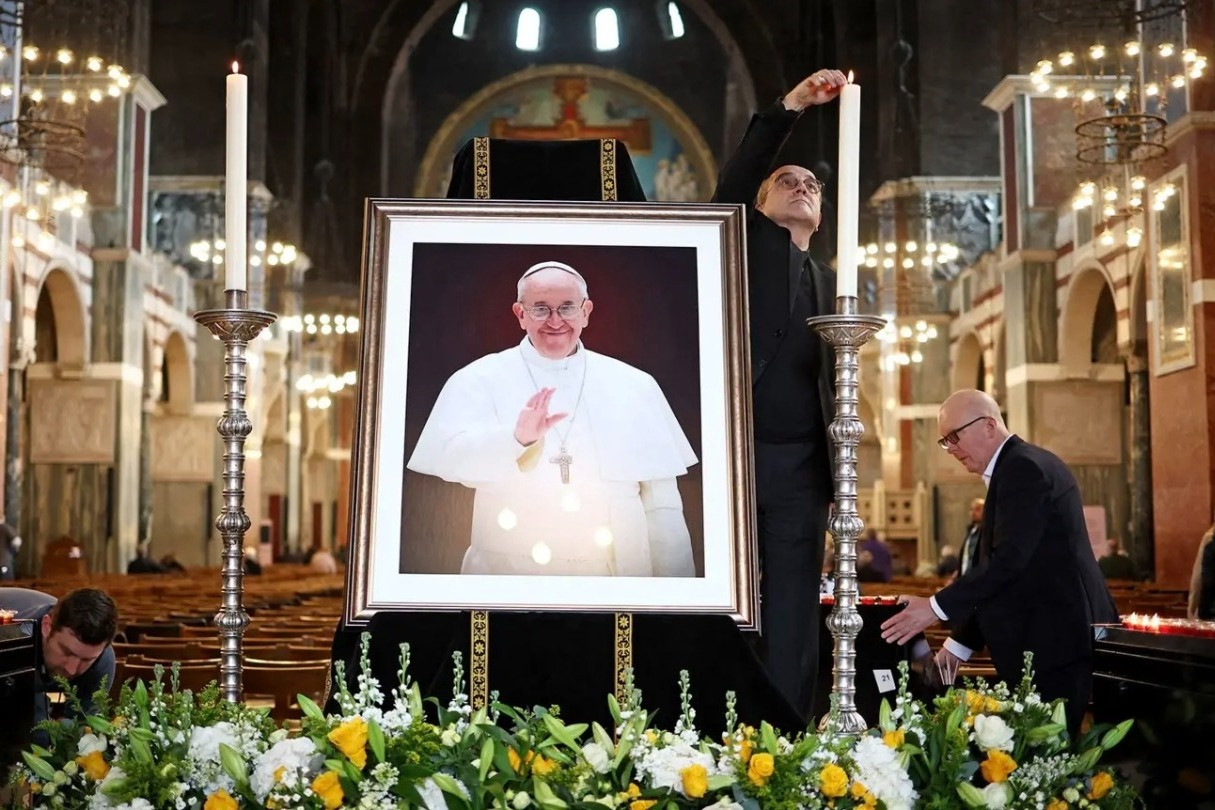
No date has yet been given for the funeral, but the Vatican said it would normally be expected to take place sometime between Friday and Sunday.
A group of cardinals were due to meet tomorrow to discuss plans.
Tributes for Pope Francis poured in from around the world, with many leaders praising his humility.
His native Argentina will observe seven days of mourning, as will neighbouring Brazil.
The Vatican said a ceremony planned for 27 April, when Carlo Acutis was to become the first Catholic saint of the millennial generation, had been postponed.
Yesterday, the Pope wished crowds gathered in St Peter’s Square a “Happy Easter”, and was later driven around the square.
Before that he had a brief private audience with US Vice President JD Vance.

A conclave to elect a new pope normally takes place between 15 and 20 days after the death of a pontiff.
Some 135 cardinals are eligible to take part in the highly secretive ballot which can stretch out over days.
Jorge Mario Bergoglio was elected Pope on 13 March 2013, surprising many church watchers who had seen the Argentine cleric, known for his concern for the poor, as an outsider.
He sought to project simplicity into the grand role and never took possession of the ornate papal apartments in the Apostolic Palace used by his predecessors, saying he preferred to live in a community setting for his “psychological health”.
He inherited a church that was under attack over a child sex abuse scandal and torn by infighting in the Vatican bureaucracy, and was elected with a clear mandate to restore order.
But as his papacy progressed, he faced fierce criticism from conservatives, who accused him of trashing cherished traditions.
He also drew the ire of progressives, who felt he should have done much more to reshape the 2,000-year-old Church.
While he struggled with internal dissent, Pope Francis became a global superstar, drawing huge crowds on his many foreign travels as he tirelessly promoted interfaith dialogue and peace, taking the side of the marginalised, such as migrants.
Unique in modern times, there were two men wearing white in the Vatican for much of Pope Francis’s rule, with his predecessor Benedict opting to continue to live in the Holy See after his shock resignation in 2013 had opened the way for a new pontiff.
Pope Benedict, a hero of the conservative cause, died in December 2022.
Pope Francis appointed nearly 80% of the cardinal electors who will choose the next pope, increasing the possibility that his successor will continue his progressive policies, despite the strong pushback from traditionalists.
Pope made public appearances despite recent hospitalisation
Pope Francis had left open the possibility of stepping down if he felt unable to do his job, following the example of Benedict, who quit citing his ailing health.
But he insisted for years that time had not yet come, and maintained a busy schedule, right up to hosting the prime minister of Slovakia shortly before his hospital admission.
The Pope, who had part of his lung removed as a young man, was visibly breathless in the days before going to the Gemelli, delegating aides to read his homilies at public audiences.
Questions will now be asked whether the pontiff, known for being stubborn and refusing to take rest, should have been admitted to hospital earlier.
Even after he was released from hospital and ordered to rest for two months, Pope Francis did not wait long before making public appearances.

Pope Francis had been hospitalised with a respiratory infection in March 2023.
That same year he also underwent surgery for a hernia, and in 2021 he underwent colon surgery.
Knee pain necessitated the use of a wheelchair, and he had fallen twice in recent months.
Yet he never took a day off and continued to make frequent trips abroad, including a four-nation Asia-Pacific tour last September.
Huge crowds gathered wherever he went, a testament to his popularity and human touch, which saw him finish his Sunday Angelus prayer each week urging followers to pray for him and to have a good lunch.
Pope Francis championed the poor and vulnerable
When Pope Francis took over, the Catholic Church was mired in infighting and beset by a global scandal over clerical sex abuse of children and decades of cover-ups.
He promised an end to impunity and changed Vatican law to help tackle abuse, though victims said he could have gone further.
More widely, he initiated a major shake-up of the Vatican’s powerful governing body, including improving financial responsibility and allowing lay Catholics to lead Vatican offices.
Throughout his papacy, Francis championed the poor and vulnerable and emphasised love over doctrine.
“If someone is gay and is searching for the Lord and has good will, then who am I to judge him?” he said at the start of his papacy.
However, his detractors accused him of failing to uphold established Church doctrine, and his final months were marked by increasingly outspoken attacks by senior cardinals.
Tensions with conservative Catholics marked the Synod congress that met at the Vatican at the end of 2023, part of a years-long global consultation on the future of the church – that Pope Francis now leaves unfinished.
